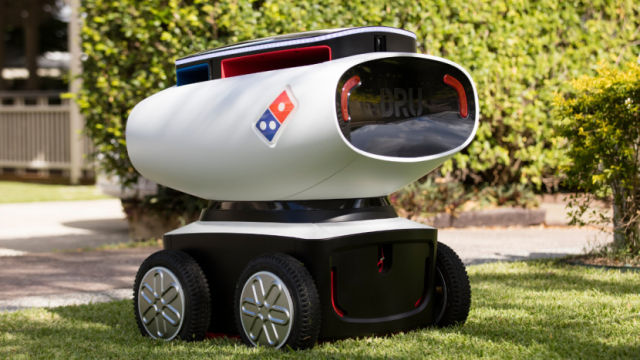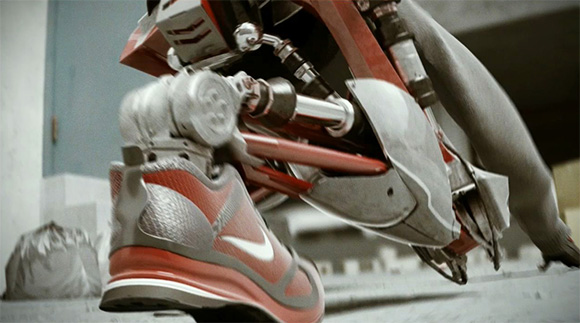
 “Nobody knows anything,” William Goldman famously said, in 1983, of the motion-picture industry. I wonder if that analysis remains true.
“Nobody knows anything,” William Goldman famously said, in 1983, of the motion-picture industry. I wonder if that analysis remains true.
Hollywood still manufactures bombs, but very few of the tentpoles tank now. There aren’t as many hunches played, which makes the business more stagnant creatively, but most of the big bets come in. More advanced research and marketing and analytics and promotion has made it so, since the artistic merits of comic-book spectaculars are wildly inconsistent.
Can this new reality of film economics be applied to the wider economy? Not exactly, since there are way more variables in play. Black swans will still smack us in the back of the head. A huge meltdown can delay the inevitable–or jump-start it early. But some things are good bets. It seems pretty clear now that there’ll be a major transition in Labor over the rest of this century. Either many jobs–entire industries, actually–disappear and are replaced by ones we’ve yet to imagine, or they vanish and aren’t replaced in the numbers necessary. Although this upheaval is upon us, it would seem politicians in this year’s American Presidential campaign–and the electorate–aren’t aware that manufacturing jobs aren’t coming back and more professions than they might imagine are going away.
From Sam Becker at Cheat Sheet, the world’s worst-designed website:
Social scientists and economists are getting pretty good at reading the tea leaves from available data. When it comes to forecasting future trends in employment and business, we generally have an idea of where things things are headed. Though there are big, unexpected events that occur and throw everything into flux, we can mostly plot out humanity’s course, on a macro level, over the next several decades.
Unfortunately, for a good portion of the world’s poor and working classes, it doesn’t look too good – even though we’re living in a time of unprecedented wealth and technological innovation. That innovation will ultimately replace workers in droves, and some large-scale economic policy shifts are going to be needed to sort things out.
But even as we face the prospect of increasing automation, and fewer employment opportunities, most American workers remain confident – perhaps too confident. A look at some new numbers from Pew Research Center shows that worker sentiment toward the future speaks not just to inflated confidence, but perhaps a sense of denial.
The Pew brief cites a 2013 study from Oxford University, which says that as much as 47% of American jobs are subject to automation in the near future. In other words, as much as half of the American work force may be facing a serious employment crisis, and we’re really doing nothing about it. Using that as a starting point, Pew surveyed Americans to drill further down into this dilemma, and see how Americans feel about the unnerving prospect of mass automation.
As expected, a majority (two-thirds) do expect that within 50 years, robots and computers will take over most of the menial work from human employees. But – and here’s the big hang-up – a majority of workers also think that their own specific professions or jobs won’t be impacted.•

